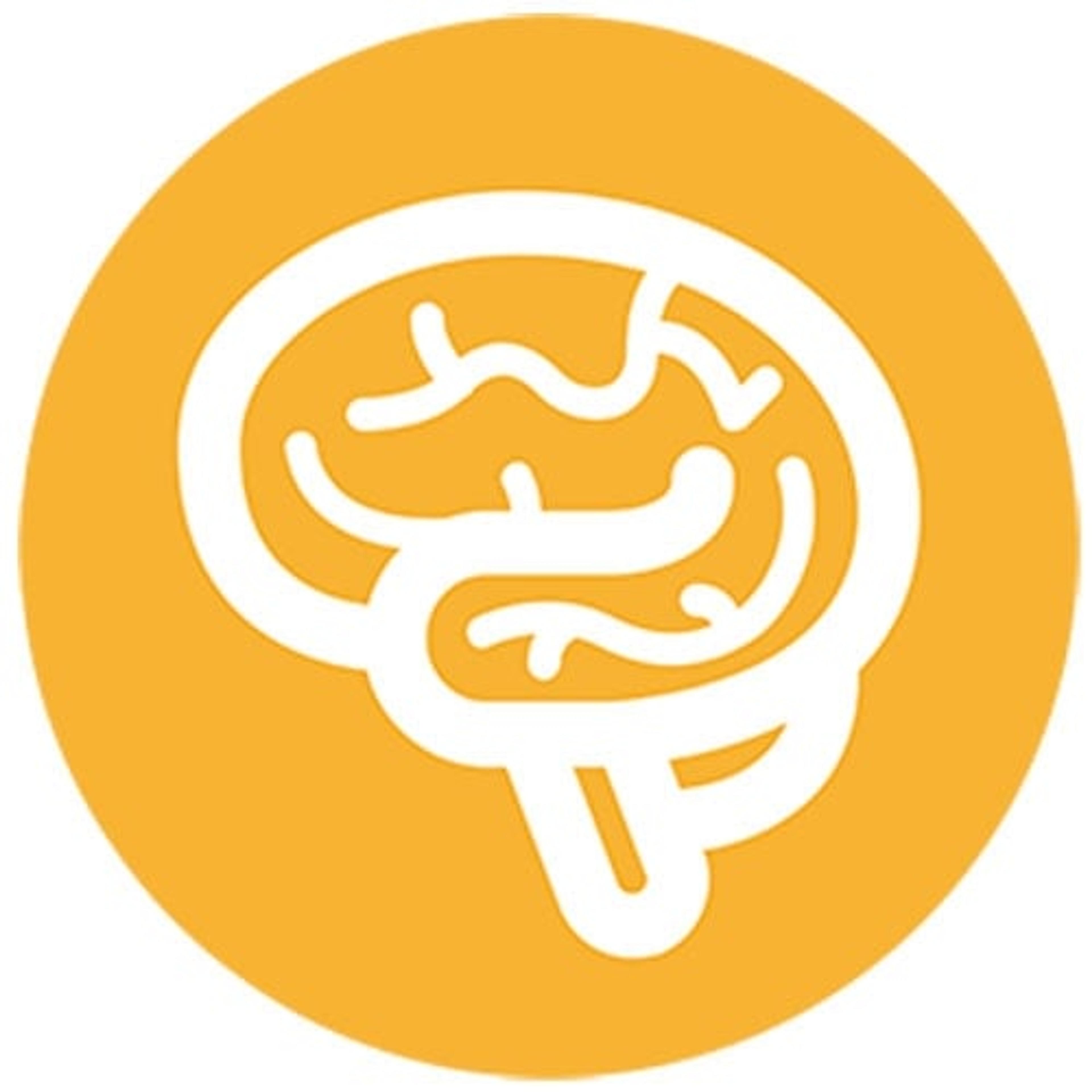CNS inflammation: Reducing time to optimal therapy with syndromic testing
Clinical microbiology and virology expert shares her formula for success when diagnosing and treating conditions such as meningitis and encephalitis
25 Jul 2021

Inflammation of the central nervous system (CNS), particularly meningitis or encephalitis, is a potentially life-threatening condition with high morbidity and mortality. The presentation can be very nonspecific and there are a variety of different causes, both infectious and non-infectious, making them difficult to effectively diagnose and treat.
To try to mitigate these difficulties, Dr. Jennifer Dien Bard, Director of the Microbiology and Virology Lab at Children's Hospital LA and associate professor at the Keck School of Medicine at the University of Southern California, is an advocate and practitioner of diagnostic stewardship – the application of appropriate diagnostic tests that rapidly identify the cause of inflammation, speeding up the delivery of optimal therapy and improving patient outcomes.
“We perform all the diagnostic testing for infectious diseases for the hospital and outpatient clinics,” says Dien Bard. “I also consult directly with the clinicians about the best tests to use, whether this is the implementation of new tests or improvements to existing protocols, and advise on how to use these in a meaningful way.”
In this exclusive SelectScience® interview, Dien Bard shares her expert insight into the importance of diagnostic stewardship, the new syndromic tests available, and the impact of this technology on patients and patient management.
The impact of successful CSF testing
The severity of CNS infections depends on how early they are diagnosed and therefore how quickly treatment is administered. “The outcome is very pathogen dependent and depends largely on what underlying conditions are at play,” Dien Bard explains. “Typically, bacterial and fungal meningitis or encephalitis are worse for both children and adults than say viral meningitis, so it’s important that we can rapidly identify that cause and proceed with appropriate treatment as soon as possible.”
Traditionally, the testing approach for meningitis or encephalitis is very similar to many other types of infectious diseases. Initially, a Gram stain is performed – a rapid ‘stat’ test that determines whether there are white blood cells and bacteria or yeast present in the cerebrospinal fluid (CSF) sample. The gold standard approach is then to culture the sample to be able to identify the detected microorganisms. However, this can take considerable time to result as you have to incubate the plate and give the culture time to grow before trying to identify the pathogens or perform susceptibility testing.
Identifying specific pathogens, rapidly
It's one of the most beneficial testing panels that has become available.
Dien Bard’s lab implemented the BioFire® FilmArray® Meningitis/Encephalitis (ME) Panel a few years ago in the hopes of overcoming these challenges with traditional testing. “We now offer the ME panel 24/7,” shares Dien Bard. “It's such a fast test – any sample that comes through gets immediately tested and we have an average turnaround time of about two hours from the time it's received in our lab.”
Since introducing the BioFire ME Panel into its testing portfolio, Dien Bard notes that the lab has been able to diagnose more cases and more often identify the specific pathogen that is causing a patient’s presentation.
“We've found the panel especially helpful in identifying bacteria in cases where culture has been negative, perhaps because a patient has been given an antibiotic before a CSF sample is obtained,” explains Dien Bard. “So, being able to identify a specific bacterial pathogen where it would otherwise have been culture-negative has been extremely helpful in tailoring antibiotic choice and guiding overall patient management.”
Dien Bard also notes the panel’s ease of use, especially for labs without molecular testing experience. “I personally think that it's one of the most beneficial testing panels that has become available,” shares Dien Bard. “It's really the only test that allows you to rapidly detect bacteria, viruses, and cryptococcus in one single panel.”
A promising diagnostic for meningitis, encephalitis, and beyond
It's a very new, untouched, but promising area that can really be expanded on.
Dien Bard’s goal now is to get her team’s work with the BioFire ME Panel published, with the aim of answering key healthcare questions. “We're currently comparing a cohort of patients that had the ME panel performed and a cohort of patients that did not in order to get a true idea of the panel’s benefits,” Dien Bard explains. “Does it enable patients to be on appropriate therapy sooner? Is it decreasing the length of stay? Is there an impact on healthcare costs?”
With regards to the implementation and impact of this technology on healthcare in general, Dien Bard thinks there is plenty of room for this type of testing for CNS infections and beyond. “It's a very new, untouched, but promising area that I think can really be expanded on,” says Dien Bard. “There's lots of room for growth and I'm excited to see how BioFire and other companies develop this technology for other CNS infection diagnosis.”
Find out more from the syndromic testing experts:
- Syndromic testing: Achieving better clinical outcomes for gastrointestinal pediatric patients >>
- Antimicrobial stewardship: Helping combat the spread of antimicrobial resistance >>
- Pneumonia diagnosis & management: Is this the new standard of care? >>
- A powerful approach for simultaneous pathogen detection >>
- The role of syndromic testing in the era of COVID-19 >>
References
1. Pandey U et al. Pathogen or Bystander: Clinical Significance of Detecting Human Herpesvirus 6 in Pediatric Cerebrospinal Fluid. Journal of Clinical Microbiology. 2021
2. Precit MR et al. Cerebrospinal Fluid Findings Are Poor Predictors of Appropriate FilmArray Meningitis/Encephalitis Panel Utilization in Pediatric Patients. Journal of Clinical Microbiology. 2021
3. Naccache SN et al. One Year in the Life of a Rapid Syndromic Panel for Meningitis/Encephalitis: a Pediatric Tertiary Care Facility's Experience. Journal of Clinical Microbiology. 2021
4. Dien Bard J et al. Use of a Molecular Panel To Aid in Diagnosis of Culture-Negative Meningitis. Journal of Clinical Microbiology. 2021

